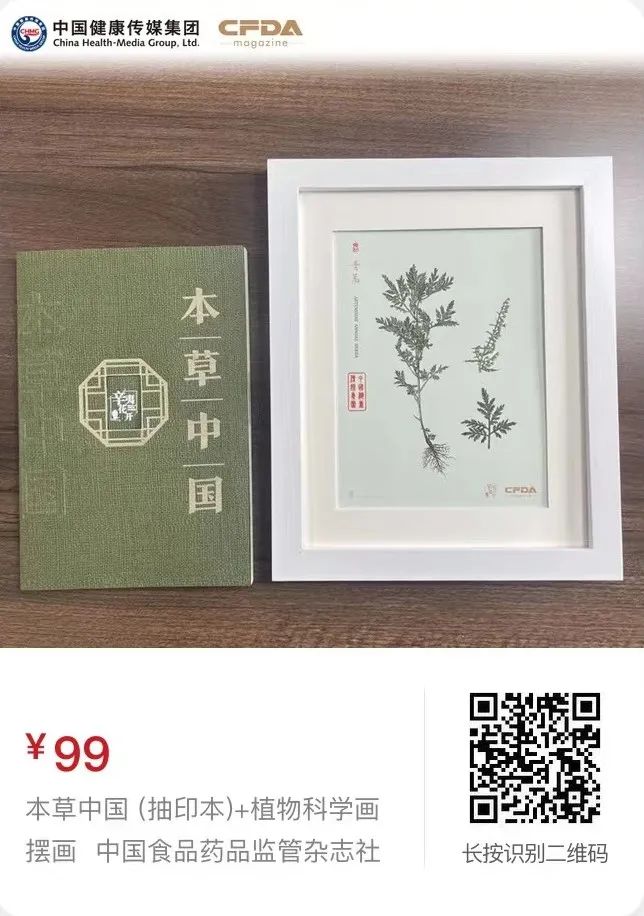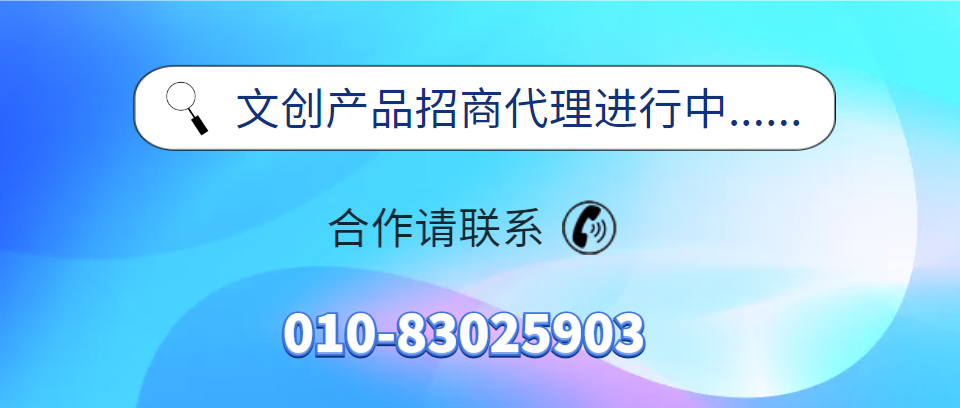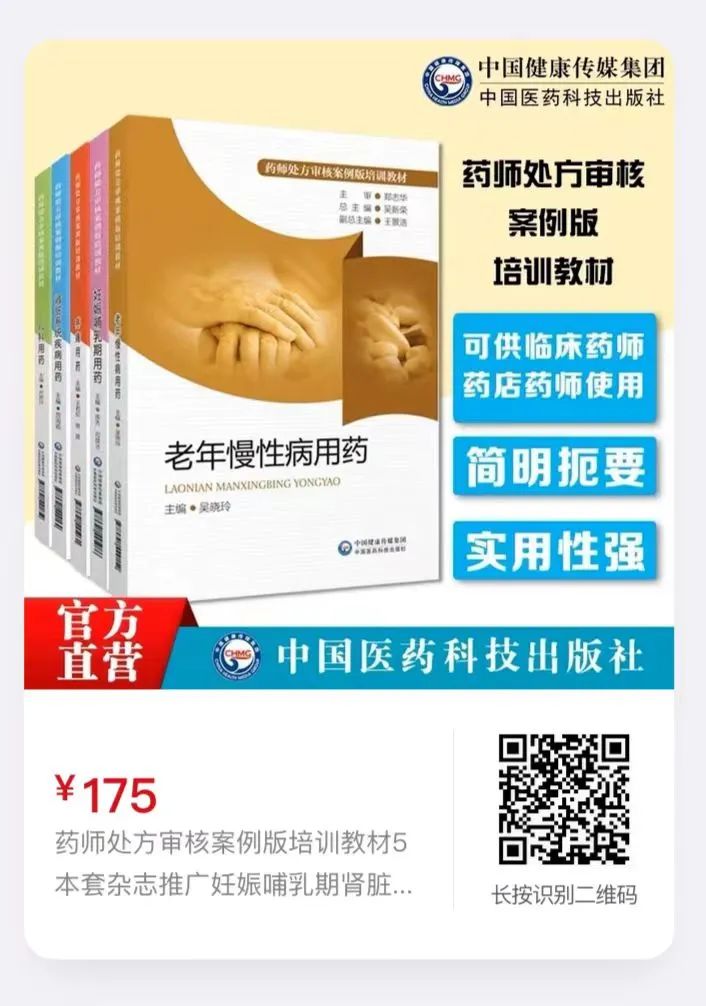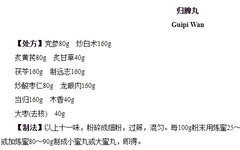When we take some Chinese patent medicines, we often find that the same medicine comes in different forms, including ordinary pills (Shuǐ Mì Wán and Dà Mì Wán), concentrated pills, and decoctions, with significant price differences.So, what are the differences between these three forms? Some people may even fall into misconceptions, such as whether concentrated pills, being concentrated, have poorer absorption.How should we choose our medications?First, let’s look at how these different forms are processed. We will take Guī Pí Wán (Gui Pi Pill) and Guī Pí Hé Jì (Gui Pi Decoction) as examples, as the methods for these forms are recorded in the “Chinese Pharmacopoeia”.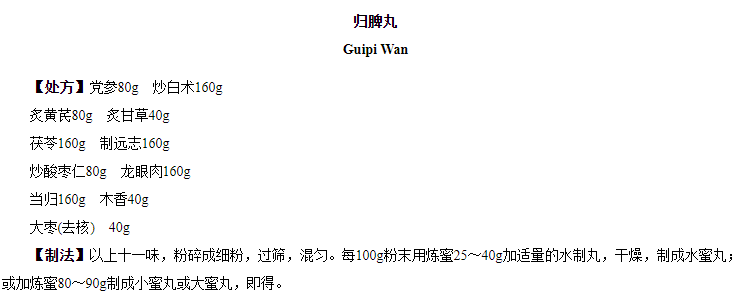 We can see that the method for making pills is very simple; it does not require decocting. The eleven herbs are crushed together and directly processed, which has the advantage of high production efficiency and low processing costs.However, there is a problem: pills contain the entire herbal material. When we decoct Chinese medicine, we actually only drink the medicinal broth, and the herbal residue is discarded. Pills, on the other hand, mean we consume the herbal residue as well.
We can see that the method for making pills is very simple; it does not require decocting. The eleven herbs are crushed together and directly processed, which has the advantage of high production efficiency and low processing costs.However, there is a problem: pills contain the entire herbal material. When we decoct Chinese medicine, we actually only drink the medicinal broth, and the herbal residue is discarded. Pills, on the other hand, mean we consume the herbal residue as well.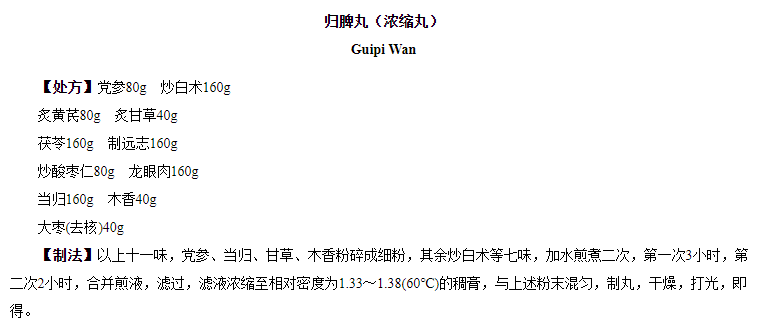 Next, let’s look at the method for making concentrated pills. This involves decocting the herbal materials, removing most of the herbal residue, and concentrating the remaining broth into a thick paste before forming pills. Some herbal residue remains, but it is significantly less than in ordinary pills, and the processing is much more complex.
Next, let’s look at the method for making concentrated pills. This involves decocting the herbal materials, removing most of the herbal residue, and concentrating the remaining broth into a thick paste before forming pills. Some herbal residue remains, but it is significantly less than in ordinary pills, and the processing is much more complex.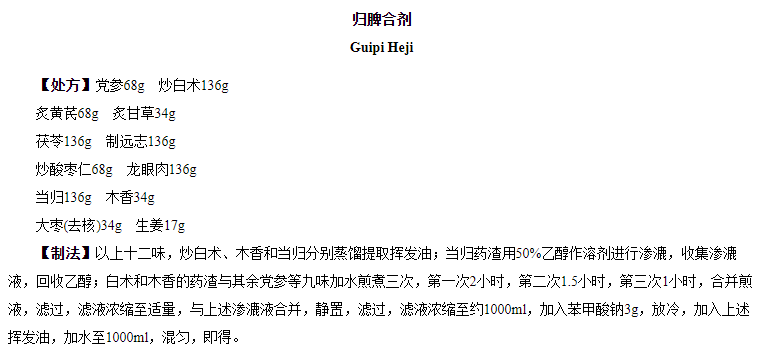 Finally, let’s examine decoctions, which have the most complex production process.For example, in Guī Pí Hé Jì, some active components of the herbs are in the volatile oils. If we decoct directly, the volatile oils evaporate, and the medicine becomes ineffective.This requires extracting the volatile oils first, then decocting the remaining materials, filtering, and ultimately leaving a broth without herbal residue.Thus, from a processing perspective, there is no doubt that the production of decoctions is the most complex, and they are usually the most expensive. Both Guī Pí Wán and Guī Pí Hé Jì originate from the ancient formula Guī Pí Tāng (Gui Pi Decoction). As a liquid preparation, decoctions are closest to the ancient soup medicines and contain much less “herbal residue” than pills.In addition to the processing methods, there are also differences in efficacy between pills, concentrated pills, and decoctions. The excess “herbal residue” in pills needs to be digested by the body, and some irrelevant components may enter the bloodstream, increasing the burden on the digestive tract and liver and kidneys.During the decoction process, some effective components are accelerated to dissolve from the herbs.Pills lack this step and rely entirely on the body’s digestion, which often diminishes their effectiveness.Pills dissolve and absorb more slowly in the digestive tract, making them more suitable for treating chronic diseases, but they cannot provide immediate effects.In contrast, concentrated pills, having undergone decoction, have effective components that are already dissolved, making them easier to absorb and faster to take effect than ordinary pills.This may overturn many people’s perceptions.Decoctions, being liquid preparations, are absorbed the fastest and are closest to soup medicines, often providing a more noticeable therapeutic effect for patients. For example, for insomnia caused by both heart and spleen deficiency, using a decoction can relieve insomnia faster than pills.By the time the pills have completed their entire digestion and absorption process, several hours may have passed, making them more suitable for long-term regulation.Of course, this does not mean that decoctions are always better. Some herbs have very strong properties, and making them into pills allows for a slower onset, which the body may accept more easily.For example, some herbs like Dà Huáng (Rhubarb) are laxatives, and making them into pills is more friendly to the stomach and intestines, making them more suitable for the elderly.There is also a form that is between decoctions and pills, which is granules. Granules retain some “herbal residue” but are absorbed faster than pills, and are also a common form of Chinese medicine.Therefore, which form of a medicine is appropriate depends on the properties of the herbs and the condition being treated.There is also a simple way to distinguish: look at the source of the formula. If the earliest recorded formula in traditional Chinese medicine is a decoction, then a decoction is clearly more suitable; if the ancient formula is a pill, then pills are more appropriate; if the ancient record is a powder, then granules are more suitable.
Finally, let’s examine decoctions, which have the most complex production process.For example, in Guī Pí Hé Jì, some active components of the herbs are in the volatile oils. If we decoct directly, the volatile oils evaporate, and the medicine becomes ineffective.This requires extracting the volatile oils first, then decocting the remaining materials, filtering, and ultimately leaving a broth without herbal residue.Thus, from a processing perspective, there is no doubt that the production of decoctions is the most complex, and they are usually the most expensive. Both Guī Pí Wán and Guī Pí Hé Jì originate from the ancient formula Guī Pí Tāng (Gui Pi Decoction). As a liquid preparation, decoctions are closest to the ancient soup medicines and contain much less “herbal residue” than pills.In addition to the processing methods, there are also differences in efficacy between pills, concentrated pills, and decoctions. The excess “herbal residue” in pills needs to be digested by the body, and some irrelevant components may enter the bloodstream, increasing the burden on the digestive tract and liver and kidneys.During the decoction process, some effective components are accelerated to dissolve from the herbs.Pills lack this step and rely entirely on the body’s digestion, which often diminishes their effectiveness.Pills dissolve and absorb more slowly in the digestive tract, making them more suitable for treating chronic diseases, but they cannot provide immediate effects.In contrast, concentrated pills, having undergone decoction, have effective components that are already dissolved, making them easier to absorb and faster to take effect than ordinary pills.This may overturn many people’s perceptions.Decoctions, being liquid preparations, are absorbed the fastest and are closest to soup medicines, often providing a more noticeable therapeutic effect for patients. For example, for insomnia caused by both heart and spleen deficiency, using a decoction can relieve insomnia faster than pills.By the time the pills have completed their entire digestion and absorption process, several hours may have passed, making them more suitable for long-term regulation.Of course, this does not mean that decoctions are always better. Some herbs have very strong properties, and making them into pills allows for a slower onset, which the body may accept more easily.For example, some herbs like Dà Huáng (Rhubarb) are laxatives, and making them into pills is more friendly to the stomach and intestines, making them more suitable for the elderly.There is also a form that is between decoctions and pills, which is granules. Granules retain some “herbal residue” but are absorbed faster than pills, and are also a common form of Chinese medicine.Therefore, which form of a medicine is appropriate depends on the properties of the herbs and the condition being treated.There is also a simple way to distinguish: look at the source of the formula. If the earliest recorded formula in traditional Chinese medicine is a decoction, then a decoction is clearly more suitable; if the ancient formula is a pill, then pills are more appropriate; if the ancient record is a powder, then granules are more suitable.
Source: Health at the Beginning
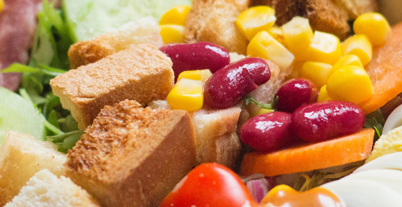 American Salad AMERICAN SALADIngredientsIngredients
American Salad AMERICAN SALADIngredientsIngredients
Potatoes, apples, chicken, medicinal celery, walnuts, lettuce leaves, salad oil dressing, fresh cream, powdered sugar, pepper.
ToolsKitchenware
Lunch box, fruit knife, fruit dryer, egg slicer.
PreparationMaking
1. Steam the potatoes until cooked, peel them, and cook the chicken; remove the shells from the walnuts;
2. Mix with pepper, fresh cream, powdered sugar, and salad oil dressing;
3. Lay the lettuce leaves on a small plate and top with the mixed apple salad.
What Others Are Reading

▽ Storage and Usage Precautions for Children’s Chinese Medicine
▽ Summary of Chinese Medicine Formulations: Pills
▽ Water Pills, Honey Pills, Concentrated Pills, Dripping Pills: Which One is Right for You?
